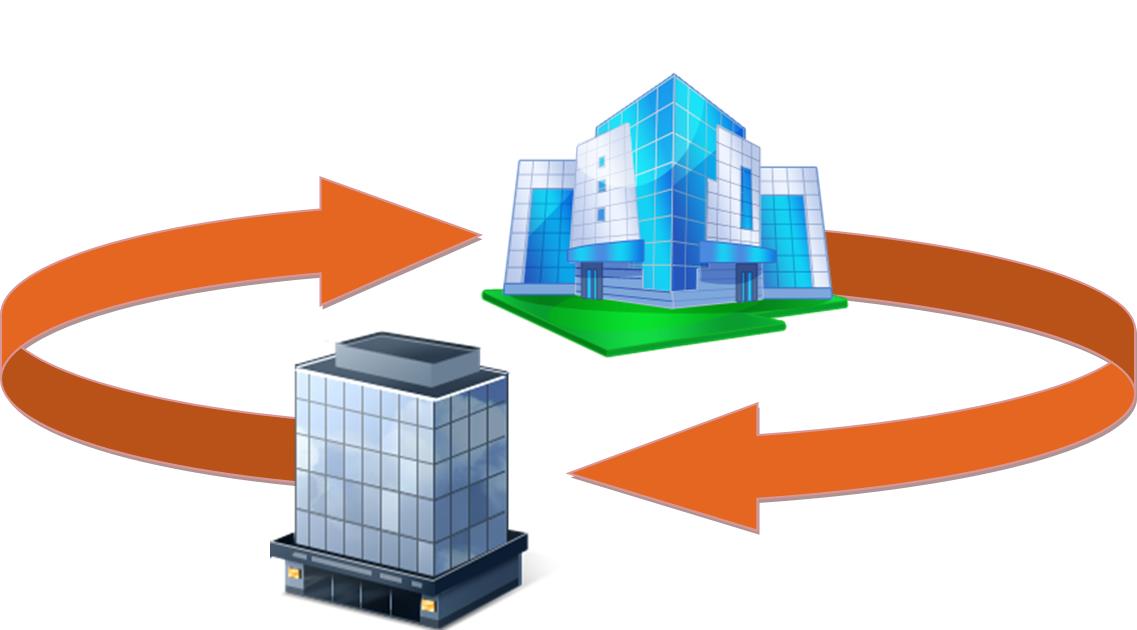 The use of 1031 exchanges has experienced a resurgence in the last couple years due to improving market conditions and increased tax burdens. Preserving the ability to use a 1031 exchange for real estate transactions is a top national issue for CARW and NAR members and a key legislative priority in Washington D.C. On Monday, October 24, CARW welcomed Patrick Harrigan of Gain 1031 Exchange joined us for a packed lunch and learn session. Below find an overview of the program and several resources as well as NAR documents for more information on REALTOR advocacy related to the exchange.
The use of 1031 exchanges has experienced a resurgence in the last couple years due to improving market conditions and increased tax burdens. Preserving the ability to use a 1031 exchange for real estate transactions is a top national issue for CARW and NAR members and a key legislative priority in Washington D.C. On Monday, October 24, CARW welcomed Patrick Harrigan of Gain 1031 Exchange joined us for a packed lunch and learn session. Below find an overview of the program and several resources as well as NAR documents for more information on REALTOR advocacy related to the exchange.
____
Investors and business operators who are selling real estate are able to take advantage of Section 1031 of the Tax Code and complete what is known as a 1031 exchange. By exchanging their current real estate holding for a new property, that seller is able to avoid the tax that would otherwise be due upon a sale of the property. Those taxes included capital gains tax including depreciation recapture, net investment income tax and state level taxes.
The process to complete an exchange can be fairly simple. From the exchanger’s perspective they sell their old property and use the funds from that sale to acquire their new replacement property. However, in order for an exchange to properly qualify under the Tax Code there are some procedural steps that must be followed. In addition to engaging an exchange company to act as the qualified intermediary and correctly documenting the exchange, there are also a couple very important time period to be aware of. The first is the 45 day identification period where the exchanger must identify in writing the replacement property that the exchanger plans to acquire as part of the exchange. The second time period is 180 days (depending on the exchanger’s tax filing date) to acquire the replacement property to complete the exchange.
In certain cases, other exchange rules can come into play depending on the circumstances involved with any given exchanger. Those rules often dictate how the exchange must be set up for the exchange to qualify under the tax code. Some of those rules cover issues such as:
- The value of the exchange property
- Involvement of a business entity such as a partnership
- Involvement of a party as seller or buyer that is related to the exchanger
- Timing on closing dates causing a possible reverse exchange scenario
- The desire to use exchange funds to do construction
MOST IMPORTANTLY More than ever before, the future of the ability of a seller to defer tax by using an exchange is in serious jeopardy. Section 1031 of the tax code is under the gun as politicians propose changes to the tax code. Countless groups involved with real estate and other asset sales support protecting 1031 exchanges. To add your support to keep this important economic stimulus tool in place as it has been for almost 100 years, visit 1031.org which is the web site of the Federation of Exchange Accommodators. The FEA has been very active in saving exchanges and provides a wealth of information on the benefits of 1031 exchanges.
Resources:
What is a 1031 Exchange
How to Calculate a Taxable Gain
What Tax is Due Upon Sale
www.1031.org
CARW/NAR position and materials HERE
Patrick T. Harrington, Esq.
President/COO
Gain Exchange 1031 Exchange Company, LLC
200 South Executive Drive, Suite 101
Brookfield, WI 53005
P: 262.402.8072
Patrick.harrigan@gainexchangecompany.com